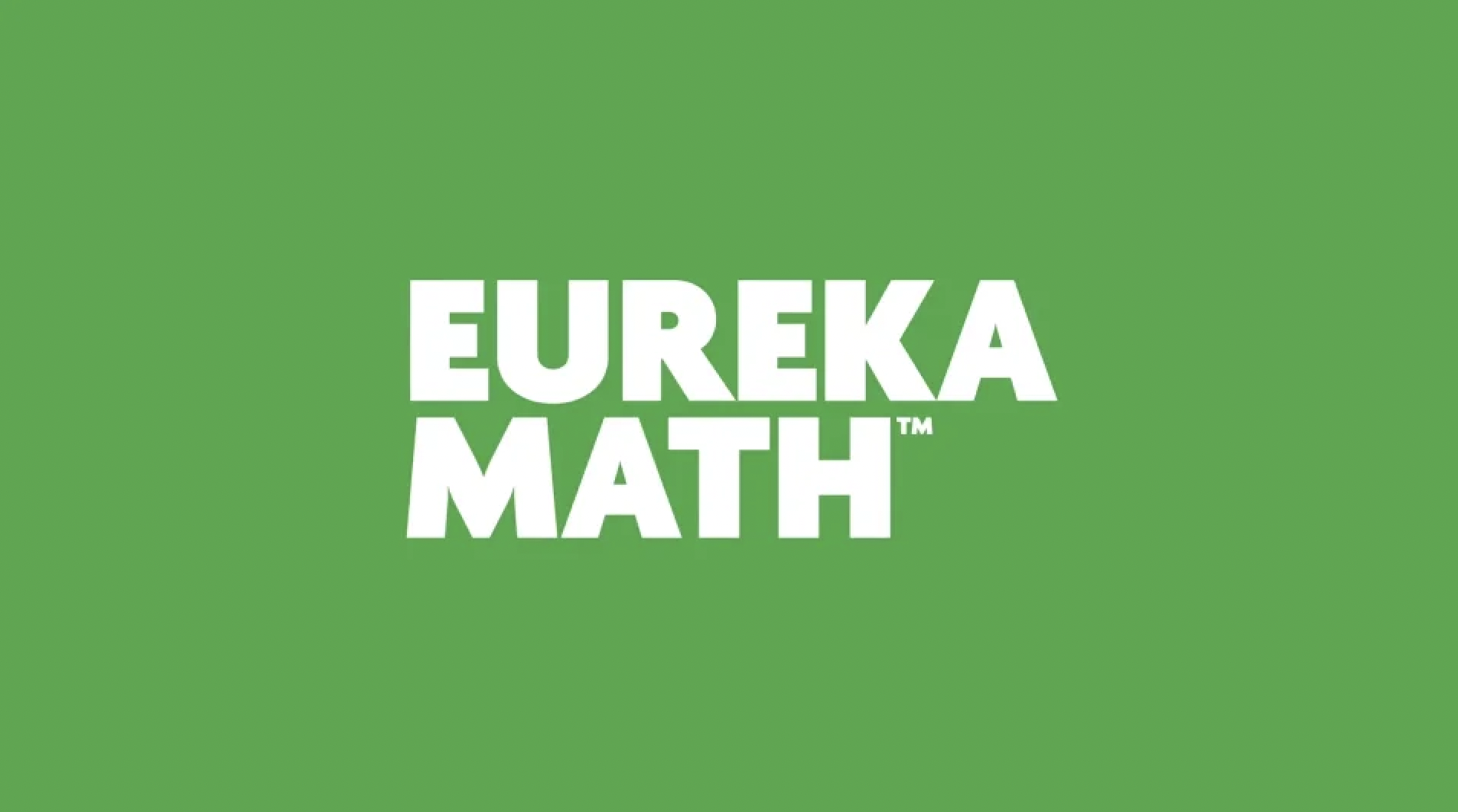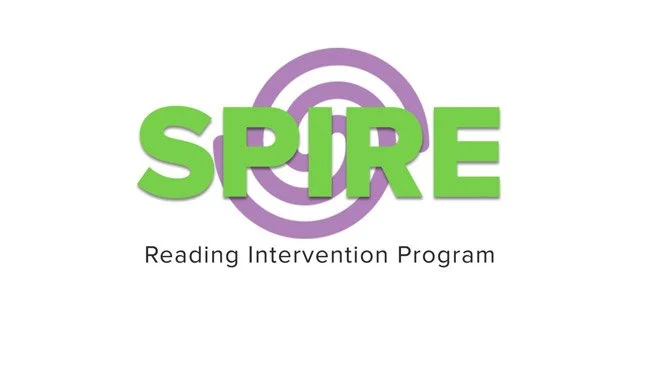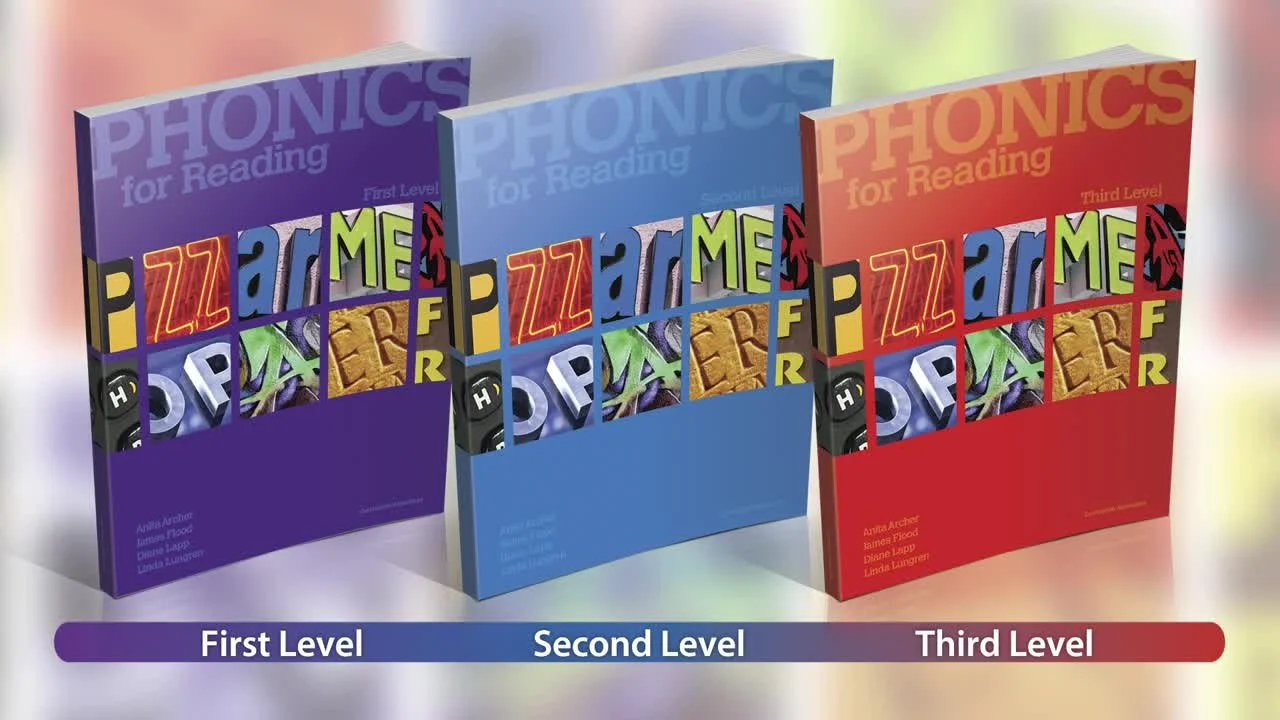ACADEMICS
-

Wit & Wisdom
Wit & Wisdom is a comprehensive Grades K–8 English language arts curriculum. Each Wit & Wisdom module centers on the study of rich and engaging texts, curated to build student knowledge of important ideas in the liberal arts and the sciences. The approach is integrated and text-based: daily reading, writing, speaking, listening, grammar, and vocabulary study is based on—and draws on evidence from—exceptional texts. The Wit & Wisdom approach helps teachers celebrate the joy of reading and writing with students, while also supporting all learners to tackle the rigor that the standards demand.
-

Eureka Squared Math
Eureka Math²® is your student’s revolutionary new math program. Its learning design allows your student to build a deep conceptual understanding of mathematics that will better prepare them for college, career, and beyond.
-

S.P.I.R.E
S.P.I.R.E. is a comprehensive, multisensory and systematic reading and language arts program designed for struggling readers. It is the only program of its kind beginning at the pre-K level (Sounds Sensible®) and extending all the way through Grade 8. Based on Orton-Gillingham methodologies, S.P.I.R.E.
-

Phonics for Reading
Phonics instruction helps children learn the relationships between the letters of written language and the sounds of spoken language. Children are taught, for example, that the letter n represents the sound /n/ and that it is the first letter in words such as nose, nice, and new.
-

REWARDS
REWARDS are offered at both the intermediate and secondary levels. They focus on decoding multisyllabic words, identifying and understanding prefixes and suffixes, increasing word and passage reading fluency, building academic vocabulary, and deepening comprehension along with building confidence.
-

Stari
STARI aims to accelerate the progress of struggling readers by addressing both basic reading skills, such as fluency and decoding, and deep comprehension skills simultaneously. A guiding theory of the STARI intervention is that talking to peers about what is read gives students access to multiple perspectives on a text and can promote more complex reasoning. Peer-to-peer talk is also helpful in supporting student motivation and engagement with text. Opportunities for talk are embedded in every component of the curriculum: fluency, decoding, partner reading, guided reading, and debates that are linked to unit themes.